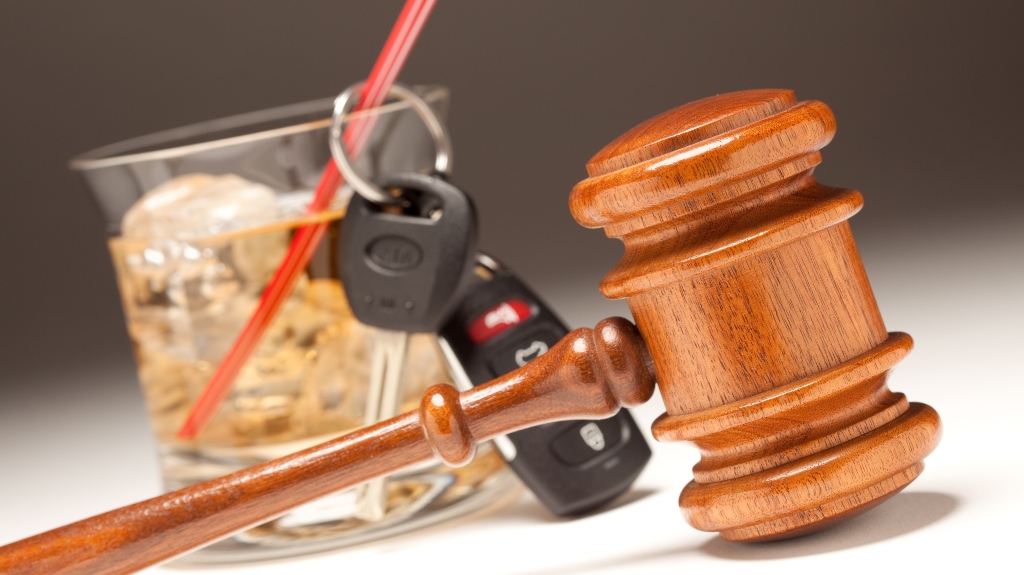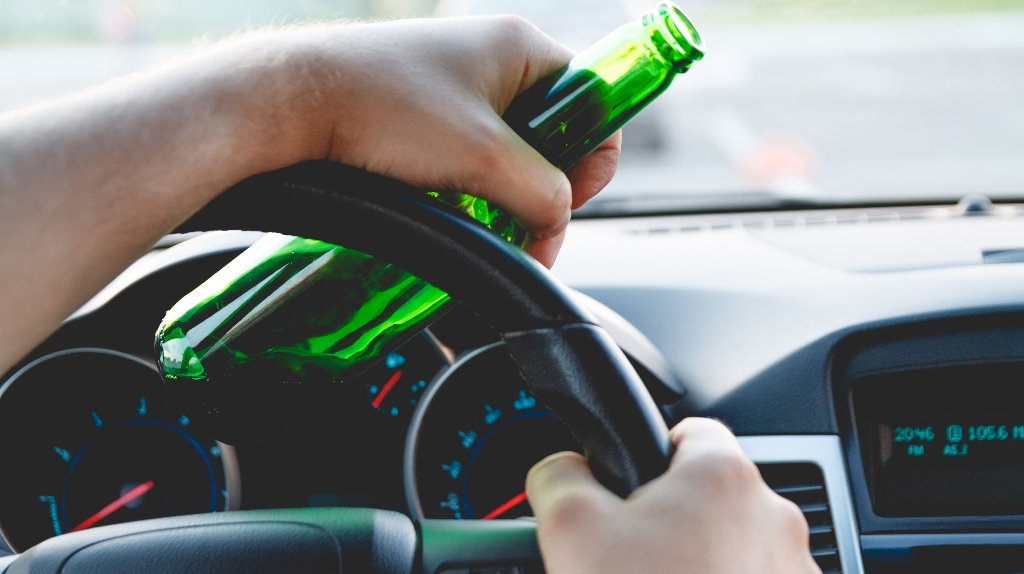Are Checkpoints Legal in Massachusetts?
Insight from a Massachusetts OUI Attorney
Those charged with driving under the influence and cited for an OUI may have been stopped at a DUI checkpoint. These drunk driving checkpoints happen throughout the year on major roadways and intersections. Roadblocks will be set up to direct the flow of traffic toward law enforcement officers who will evaluate your demeanor and determine if a field sobriety or breathalyzer test will need to be administered to read your blood alcohol content, or BAC.
Laws that Apply to OUI/DUI Checkpoints
It is well established that the stopping of an automobile and detaining its occupants constitutes a seizure within the meaning of the Fourth and Fourteenth Amendments of our Constitution. Although a DUI checkpoint causes a stop of an automobile without any individualized suspicion or probable cause, the Supreme Court of the United States has upheld these checkpoints as reasonable stops in the interest of the public so long as the checkpoints comply with certain requirements.
There are a few laws that need to be followed even by local authorities to have drunk driving checkpoints be legal and valid.
DUI Checkpoints Must:
- Be clearly marked and well-lit
- Be conducted at a location with expected high volume of DUI incidents
- Not unreasonably delay motorists
- Have a means to transport or hold suspected drunk drivers
- Have a law enforcement supervisor present
Commonwealth v. McGeoghegan is a seminal roadblock case in Massachusetts. McGeoghegan established the standard for a permissible roadblock stop of an automobile where officers making the stop have neither probable cause nor reasonable suspicion to believe that either the automobile or its occupants are subject to seizure under our criminal laws.
“For a roadblock to be permissible, it appears that the selection of motor vehicles to be stopped must not be arbitrary, safety must be assured, motorists’ inconvenience must be minimized and assurance must be given at the procedure is being conducted pursuant to a plan devised by law enforcement supervisory personnel.” Commonwealth v. McGeoghegan, 389 Mass. 137, 143 (1983).
Officers cannot use their own discretion in which motor vehicle to stop at the roadblock. There must be a “plan embodying explicit, neutral limitations on the conduct of individual officers” or else the stop of a motor vehicle is arbitrary and thus unconstitutional. Commonwealth v. Shields, 402 Mass. 162, 165 (1988). It is the Commonwealth’s burden to prove the lawfulness of a roadblock.
The Law Offices of Joseph D. Bernard care about the future of their clients. The professionals at the firm understand your situation and will fight for the best outcome for you to get on with your life.
For more caselaw information on roadblocks, please see the following cases:
- Commonwealth v. Amaral, 398 Mass. 98 (1986).
- The Commonwealth failed to present a plan or site selection information, and the record contained no evidence of guidelines used. Therefore, the roadblock was deemed unconstitutional.
- Commonwealth v. Trumble, 396 Mass. 81 (1985)
- All motor vehicles required to stop in roadblock but allowed trucks and tractor-trailers to pass through. Guidelines clearly proscribe arbitrary selection of vehicles to be stopped and clear directions on the manner in which site should be set up.
- Commonwealth v. Murphy, 454 Mass. 318 (2009)
- Screening officers did not use unconstitutional discretion when making a determination to a secondary screening where the screening officer had reasonable suspicion that the driver was operating under the influence.
If you were operating a motor vehicle in Massachusetts and were stopped at a sobriety checkpoint, please contact our firm to understand the rights you have. If you feel that your rights were violated at a drunk driving stop, it is important that you contact a Massachusetts DUI attorney from the Bernard Defense Team today and seek representation.
Recent OUI/DUI Checkpoints In Massachusetts
- March 13, 2020 – Concord
- February 29, 2020 – Canton
- December 24, 2019 – Lowell
- December 21, 2019 – Worcester
- December 20, 2019 – Swansea
- December 14, 2019 – Springfield
- December 13, 2019 – Worcester
- December 7, 2019 – Lowell
- December 6, 2019 – Springfield
- November 29, 2019 – Middleboro
- November 23, 2019 – Worcester
- November 22, 2019 – Topsfield
- November 16, 2019 – Norwood
- November 15, 2019 – Swansea
- November 9, 2019 – Worcester
- November 8, 2019 – Boston
- November 7, 2019 – Springfield
- November 2, 2019 – Swansea
- October 26, 2019 – Worcester
- October 18, 2019 – Springfield
- October 11, 2019 – Springfield
- September 28, 2019 – Concord
- September 27, 2019 – Walpole
- September 26, 2019 – Springfield
- September 21, 2019 – Worcester
- September 20, 2019 – Mansfield & Swansea
- September 14, 2019 – Boston
- August 31, 2019 – Middleboro
- August 24, 2019 – Worcester
- August 17, 2019 – Lowell
- August 15, 2019 – Springfield
- August 10, 2019 – Topsfield
- August 9, 2019 – Boston
- August 3, 2019 – Topsfield



